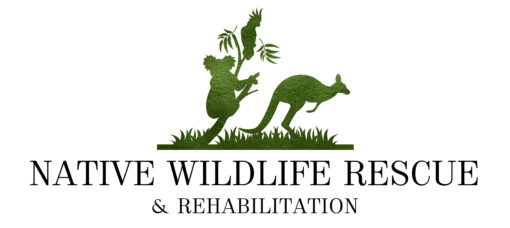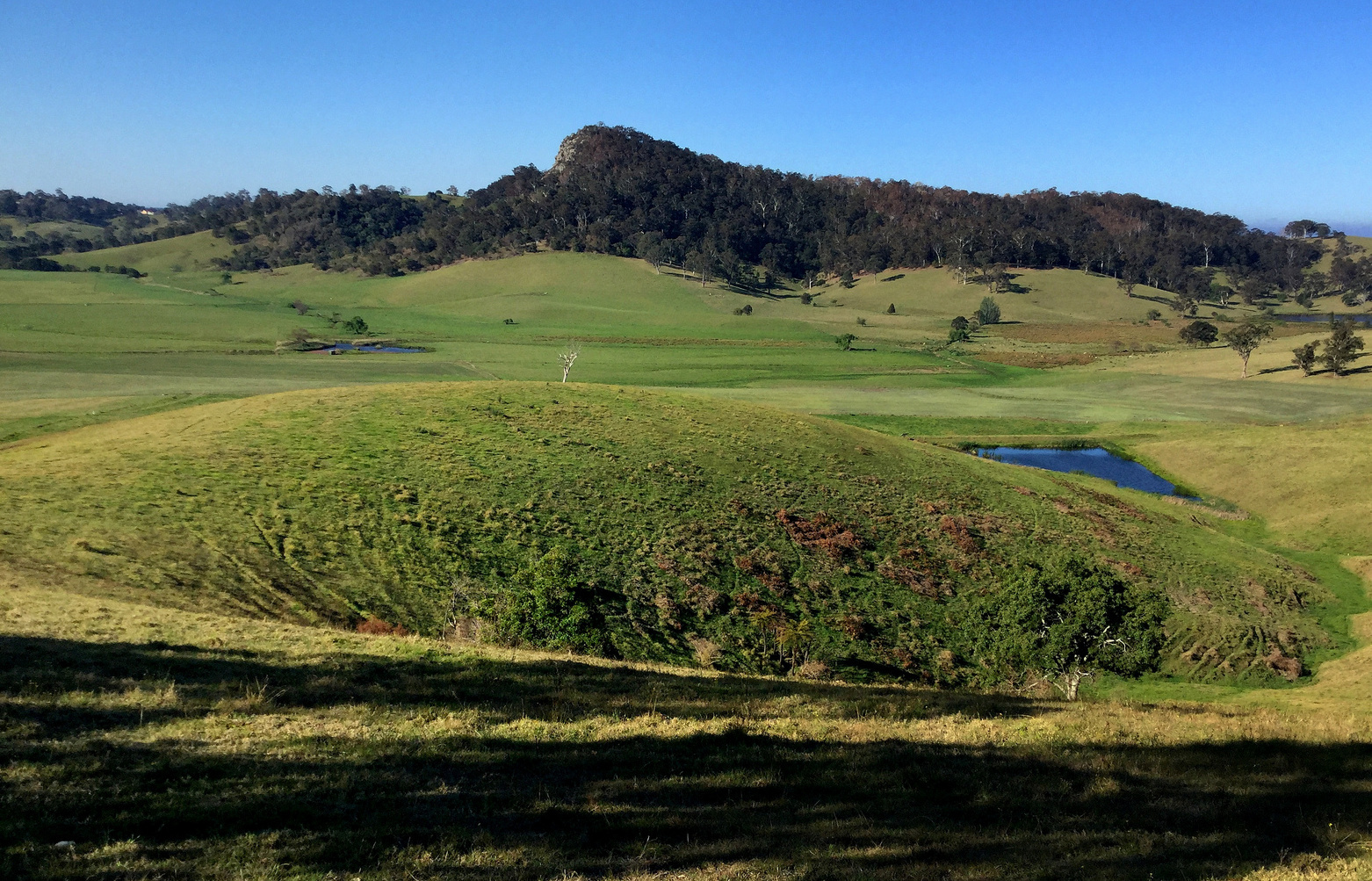The Land and Environment Court ordered New South Wales Forestry Corporation (FCNSW) to pay a $230,000 fine for carrying out unlawful forestry activities in an exclusion zone designated for various types of subterranean bats living in the Dampier State Forest on the NSW South Coast.
In another ruling, the state-owned forestry corporation was also ordered to audit its operations and demonstrate that all contractors clearly understand the “level of experience and competency required to comply with the law.”
The penalties followed another round of fines incurred by FCNSW for environmental breaches at Wild Cattle Creek Forest near Coffs Harbour on the North Coast. The latest fine was the second significant penalty ruled against the Corporation, bringing the liabilities to more than $500,000 for the month,
Despite the NSW Environment Protection Authority (EPA) claiming that FCNSW has a history of “non-compliance,” the government agency denied any claims of systemic malpractice, with the penalties only relating to the small number of illegally-harvested native trees in regrowth forests already harvested for timber.
According to senior compliance manager Linda Broekman, FCNSW manages over two million hectares across the State with few incidents occurring. Yet, the latest breach saw FCNSW contractors using new electronic mapping without the proper supervision and removing trees from a protected area surrounding a disused mine shaft.
In an official statement, Ms Broekman confirmed that the FCNSW has since employed more people on the ground to oversee compliance and that more trees will “be set aside” to counter the effects of deforestation. However, the immediate issue regarding Dampier State Forest’s harvested woodlands remains dire, including the destroyed tree bat roosts and other critical habitats for species.
Much of the illegal logging activity across the state took place at the tail-end of the Black Summer megafires. And the fines — penalties footed by NSW taxpayers — are mere pocket change for corporations capitalising on the legislative loopholes in the mult-billion logging industry.
Please view https://www.dpi.nsw.gov.au/about-us/publications/pdi/2020/key-export-market
Why is the EPA Act ineffective?
RFA.s are awarded statutory effect under the [a] Commonwealth Regional Forest Agreements Act 2002 [RFA Act]. RFA practices undergo reviews every five years. And that is the reason why we must learn and argue the legislation and call for immediate change.
1. The RFA process enables all forestry activities to be undertaken in a region without an environmental impact assessment for every individual action. Thus, FCNSW contractors are exempt from seeking environmental approval under [b] Part 3 of the Act — which sets the framework for unaccountable practices.
References | Important Reading:
- https://www.legislation.gov.au/Details/C2005C00338
- Please view this link for Southern N.S.W.
2. [a] EPA NSW has listed its bushfire-affected forestry operations. [b] Please view Coastal Integrated Forestry Operation Approval (IFOA), which impacts the South and North Coast regions.
** Image of the South Coast and the forest north of Tilba near Bodalla.

